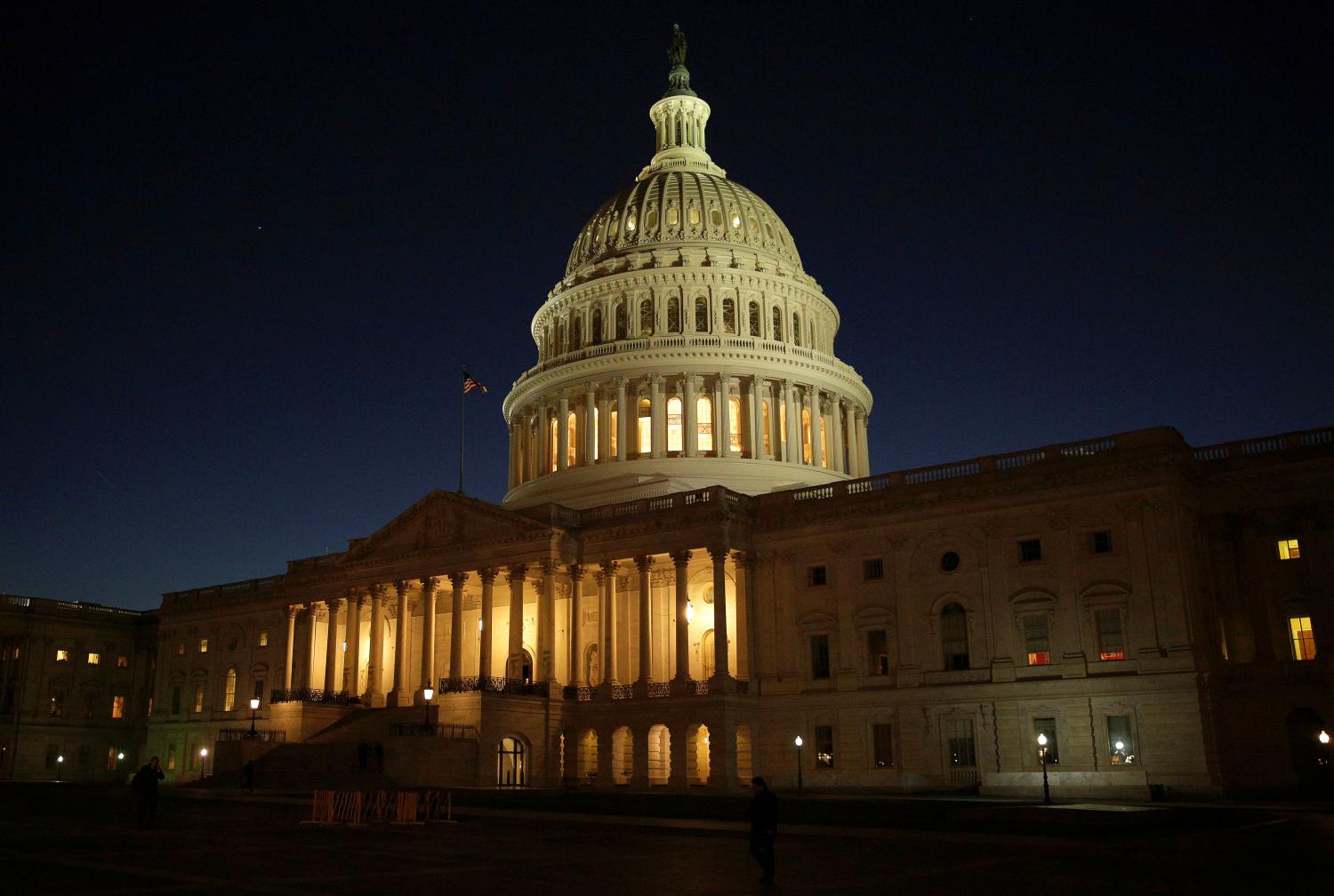This report is part of the Series on Regulatory Process and Perspective and was produced by the Brookings Center on Regulation and Markets.
Legal scholars such as Cass Sunstein, Jonathan Masur, and Eric Posner argue that federal regulatory agencies will face increasing pressure from courts in the coming years to produce high-quality economic analysis to inform decisions about regulations. While some are concerned about courts’ capability to review economic analysis, the fact is that courts are already doing it. Several recent research projects shed light on the relationship between the quality of an agency’s economic analysis and the risk that a regulation will be overturned in court.
The various projects employ different research methods that each have their own limitations. They include interviews with agency staff who work on regulations, analysis of cases in which courts have reviewed agency economic analysis, and econometric analysis of factors that influence the quality of economic analysis and court decisions to overturn or uphold regulations. Taken together, the research tells a largely consistent story: the quality of an agency’s economic analysis can affect litigation risk if the agency says it used that analysis to guide decisions. High-quality analysis raises the odds that a regulation will be upheld in court, and low-quality analysis reduce the odds that a regulation will be upheld in court.
In 2019, the Administrative Conference of the United States commissioned a report to explore the potential relationship between the organization and management of economists in regulatory agencies and the quality and consideration of economic analysis in regulatory design. The report included interviews of 15 senior economists and 10 senior non-economists in regulatory agencies. One interview question asked how the quality of the agency’s economic analysis affected litigation risk.
Many respondents believed that the quality of economic analysis could affect litigation risk; a minority thought it made little difference.
The responses reveal several helpful insights about the role economic analysis might play in litigation involving regulations in the future. Many respondents believed that the quality of economic analysis could affect litigation risk; a minority thought it made little difference. They said economic analysis is more likely to have an effect if the statute authorizing the regulation requires the agency to consider economic factors. Respondents suggested that a high-quality analysis reduces litigation risk and a low-quality analysis increases litigation risk. In their view, assessment of alternatives and calculation of costs are topics to which courts might be especially sensitive.
The second cluster of research consists of multiple law review articles that examine a substantial sample of federal appeals court decisions in which the court evaluated the quality of the economic analysis accompanying a regulation. These articles find that the quality of an agency’s economic analysis can affect the likelihood that a regulation will be upheld in court; an agency’s analysis is vulnerable if it ignores a significant aspect of the problem, alternatives, benefits, or costs; and the depth of court scrutiny varies widely, but courts are more likely to examine an analysis carefully if the underlying statute specifies benefits and costs the agency is expected to consider or specifies how the results of the analysis should affect decisions.
The final piece of research is a paper presented at the Southern Economic Association’s annual conference in November 2019. It examines econometrically whether there is a correlation between the quality of the regulatory impact analysis (RIA) accompanying a regulation and the likelihood that the regulation will be overturned in court. The empirical results suggest that the effect of the economic analysis depends on the quality of the analysis, but only if the agency explained how it used any part of the analysis in decisions.
The author did not receive financial support from any firm or person for this article or from any firm or person with a financial or political interest in this article. Part of this article is based on interviews conducted by Dr. Ellig for a separate report commissioned by the Administrative Conference of the United States (ACUS), and the opinions, views, and recommendations expressed by the author are those of the author and do not necessarily reflect those of ACUS or its members. Dr. Ellig is not currently an officer, director, or board member of any organization with a financial or political interest in this article.
The Brookings Institution is committed to quality, independence, and impact.
We are supported by a diverse array of funders. In line with our values and policies, each Brookings publication represents the sole views of its author(s).







